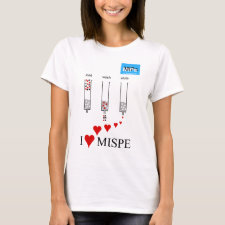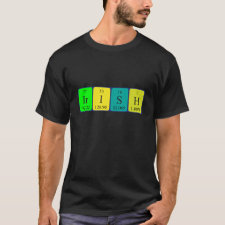
Authors: Lai JP, Niessner R, Knopp D
Article Title: Benzo[a]pyrene imprinted polymers: synthesis, characterization and SPE application in water and coffee samples.
Publication date: 2004
Journal: Analytica Chimica Acta
Volume: 522
Issue: (2)
Page numbers: 137-144.
DOI: 10.1016/j.aca.2004.07.003
Alternative URL: http://www.sciencedirect.com/science/article/B6TF4-4D1DFH3-4/2/bccccc1969243bcc0f7f19ba5c3d5c76
Abstract: In the present work, six kinds of molecularly imprinted polymers (MIPs) or microspheres (MIMs) were firstly synthesized by bulk polymerization and aqueous micro-suspension polymerization using benzo[a]pyrene (BAP) as imprinting molecule. Three monomers and two cross-linkers were investigated. The MIPs or MIMs obtained were subsequently characterized in detail with rebinding investigation, solid-phase extraction (SPE) and liquid chromatography (HPLC). All the results indicate that the polarity of both monomer and cross-linker play an important role for affinity and retention behaviour. The affinities of the polymers to BAP increased with the decreasing polarity of monomer and cross-linker. The rebinding results demonstrate that the affinity order is 4-VP-co-DVB > 4-VP-co-EDMA > MAA-co-DVB > TFMAA-co-DVB. The HPLC results also indicate that the retention time of BAP on 4-VP-co-DVB and 4-VP-co-EDMA columns is much different (18.02 min versus 10.89 min) and that it needs a more apolar mobile phase for the former (ACN-DCM, 80:20, v/v versus ACN-water, 80:20, v/v). The selectivity of the imprinted 4-VP-co-DVB column to BAP and its homologous is much better than that of the 4-VP-co-EDMA column (IFBAP 8.44 versus 1.34). In this case, it is illustrated that the cross-linker is much more important than the monomer, and that the hydrophobic interaction and π-π interaction between analytes and the MIP-HPLC column play a key role in the retention process. The 4-VP-co-DVB column was employed to enrich BAP from tap water, lake water and instant coffee samples which were spiked at low ppb levels without any sample pretreatment apart from filtration. The recoveries were 96.5 [plus-or-minus sign] 3.2%, 84.7 [plus-or-minus sign] 6.6%, and 72.5 [plus-or-minus sign] 4.8% (n = 3), respectively



Join the Society for Molecular Imprinting

New items RSS feed
Sign-up for e-mail updates:
Choose between receiving an occasional newsletter or more frequent e-mail alerts.
Click here to go to the sign-up page.
Is your name elemental or peptidic? Enter your name and find out by clicking either of the buttons below!
Other products you may like:
 MIPdatabase
MIPdatabase









